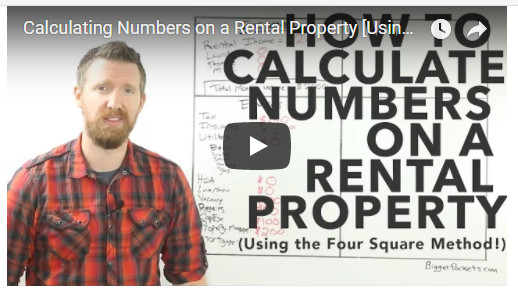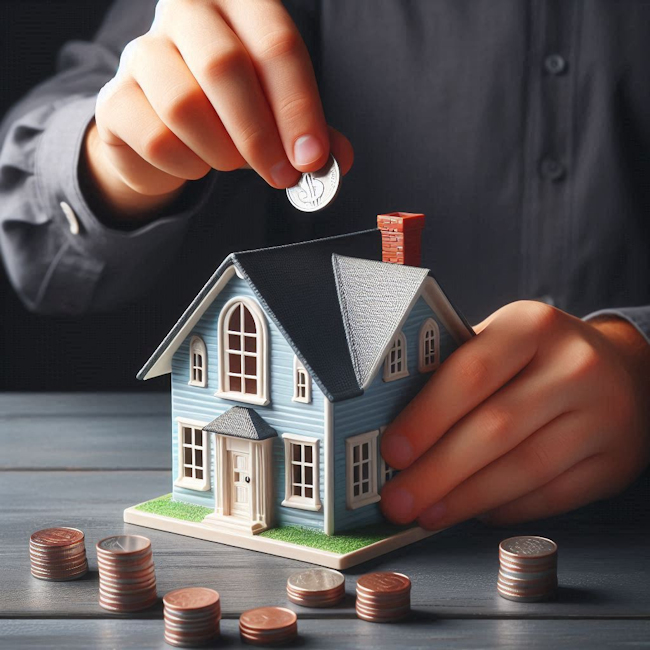The thought of being able to make money while you sleep is something we’d all like to be able to do. We’ve all heard the fantasy stories of making a million dollars from home. And historically, one of the most common forms of passive income is real estate. And shows on HGTV lead us to believe that it is also one of the easiest to attain. Whether doing a quick flip or having rental property, real estate seems to be the way to go. Rental properties come with the expectancy of residual income. With this option, there is no cap on the amount of income you can earn. However, there are some things to consider. If you choose to rent out properties, you are now a landlord. You must become your own property manager (or hire one), AND you have to be prepared to spend money unexpectedly. In this article, we will further discuss the ups and downs of rental property as a source of income.
The Art of Making Unlimited Residual Income
Picture this, you have ten properties you’re renting out for $1,000/mo. each. That’s $10, 000 you can expect to get each and every month. As long as you keep the properties occupied, you can have an income. Not bad for a non-traditional 9 to 5.
If that’s not enough to get your wheels turning, imagine finding a great house that’s move in ready for $50,000. If you rent the home for $1,000, in 4 1/2 years, you will have made your money back. Everything after that is all profit!
That is the dream but the reality is often much different. First you have to pay off each of those houses and what if each house costs you $100,000 or $200,000? Many landlords start out with one property and the knowledge that even though they aren’t making a lot at the beginning, the tenant is making the mortgage payment so even if you have a 30 year mortgage at some point the house will be paid off and you will be making that money “free and clear”. Thus even if you are only making $100 profit on each property while paying off the mortgage, you will still have a nice retirement income in the future when the property is paid off. Of course it would be nice if you could pay off the property in 5 years but in most cases that isn’t going to happen. When looking for rental property the key is to list absolutely all the possible expenses and then give yourself a cushion on top of that. And then be sure that you can charge enough rent to have a positive cash flow. If you even have a negative cash of $50/month it limits your ability to expand. After all $50 times ten properties would mean that you have to come up with $500 per month for the privilege of being a landlord.
Starting out, you want to have one property until you are sure you know what you are doing and reach another level of comfort. The key to successful real estate investing is accurate estimates of your costs BEFORE YOU BUY. The following video gives you a good run-down of how to calculate income, expenses, and the other numbers you need to know when deciding whether a property is a good investment or not.
There are so many other options besides just single-family homes. You can purchase an entire apartment complex or even a commercial building. In the beauty industry, there are several real estate investors that have now gone to purchasing large buildings and renting out the individual rooms as “salon suites”. While all this sound fantastic and super easy, let’s look at the other side.
The Life of a Real Boss
You’re making all this money every month and you barely have to do any work. Sounds good, right? Some of the things you don’t hear about are the late night/early morning phone calls from tenants. Broken toilets, trees down, or even a clogged kitchen sink. These are now your responsibilities as a landlord. An alternative to this is to hire a private property management company. When taking this route, all inquiries and/or issues are routed directly to the third party, making it a good reason why you might need a property management company on your side. Another crucial thing to remember as a property owner is to be sure there is an ample amount of money set aside for “just in case.” Even though you charge a security deposit, which is used to cover possible damages, that may not be enough. It could be the middle of June in sweltering heat and someone has stolen the AC unit at one of your properties. YOU have to replace it ASAP! Even things such as homeowner’s insurance and property taxes have to be paid by you the owner.
Renting on a Smaller Scale
With the advent of AirBnB more people than ever can become “Landlords” or at least “hosts”. This way you don’t need a mortgage or anything other than a spare bedroom. Your expenses are not much greater than they are currently. You can earn anywhere from $25 per night to thousands depending on your location and the space you have to rent. So assuming that you get $50 per night and you have a fairly high demand location you might have guests 10-15 nights a month. Even ten nights at $50 is an additional $500/month. If you’ve never stayed in an AirBnB sign up for a new AirBnB account here you can get $40 off your first trip of $75 or more. Once you have done that you will be more prepared to know what people are looking for and how to offer a memorable stay for your guests.
As with anything, you have to be willing to take risks in order to make a profit. All in all, renting out property is a great way to enjoy a little passive income and a potentially excellent retirement income.
You might also like:
- 5 Ways to Take Real Estate Investment to the Next Level
- Getting the Best Return on a Rental Property Investment
- Good Reasons To Get Title Insurance
- How Much House Can You Afford?
- Real Estate Trends: House Flipping
- Mortgage Protection Insurance vs Private Mortgage Insurance?
- Help! Our Mortgage Payment is Too High!



